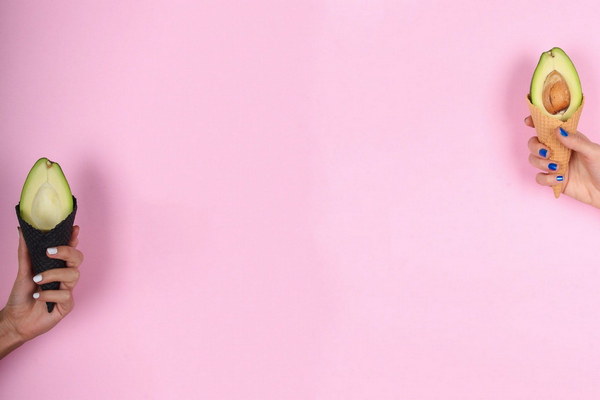Nourish Your Kidneys with Millet A Traditional Chinese Remedy for Kidney Yin Deficiency
In the realm of Traditional Chinese Medicine (TCM), the concept of balancing the body's Yin and Yang is fundamental to maintaining health and wellness. One common imbalance that often arises is Kidney Yin Deficiency, which can manifest as symptoms such as fatigue, low back pain, hot flashes, and irritability. To combat this imbalance, TCM practitioners often recommend a diet that includes nourishing foods, such as millet. This article will delve into the benefits of using millet to address Kidney Yin Deficiency and provide tips on incorporating this superfood into your diet.
Understanding Kidney Yin Deficiency
Kidney Yin Deficiency is a condition in which the body's Yin energy, which is responsible for cooling and moistening, becomes depleted. This depletion can lead to various symptoms, as the Yin energy is essential for maintaining the body's internal balance. In TCM, the kidneys are considered the root of life and play a crucial role in the production of essence, which is essential for growth, development, and reproductive health.
The Power of Millet
Millet is a small, round grain that has been cultivated for thousands of years and is considered a staple in many traditional diets. It is particularly revered in TCM for its ability to nourish the Yin and support the kidneys. Here are some key benefits of millet in addressing Kidney Yin Deficiency:
1. Rich in Nutrients: Millet is an excellent source of essential nutrients, including protein, fiber, vitamins, and minerals. These nutrients help to strengthen the body and support overall health.
2. Yin-Nourishing Properties: Millet has a cooling and moistening quality, which helps to replenish the Yin energy and alleviate symptoms of deficiency.
3. Balancing the Stomach and Spleen: In TCM, the kidneys are closely connected to the stomach and spleen. Millet helps to balance these organs, which can improve digestion and enhance the absorption of nutrients.

Incorporating Millet into Your Diet
To harness the benefits of millet for Kidney Yin Deficiency, consider the following tips:
1. Cooked Millet: Begin by cooking millet in water or broth. You can use it as a base for salads, soups, or stews. Adding vegetables, nuts, and seeds will enhance its nutritional value and flavor.
2. Millet Porridge: Millet porridge is a soothing and nourishing breakfast option. Simply combine millet with water or milk, and cook until it reaches a creamy consistency. You can sweeten it with honey or maple syrup for added sweetness.
3. Millet Snacks: Millet can be made into snacks such as granola, cakes, or breads. These snacks are not only delicious but also provide a convenient way to incorporate millet into your diet.
4. Millet Soup: Prepare a nourishing soup with millet, vegetables, and herbs. This will help to warm the body while replenishing Yin energy.
Conclusion
Incorporating millet into your diet can be a simple and effective way to address Kidney Yin Deficiency and support your overall health. As with any dietary change, it is important to consult with a healthcare provider, especially if you have underlying health conditions or are taking medication. By nourishing your kidneys with millet, you can enjoy a balanced and vibrant life, according to the wisdom of Traditional Chinese Medicine.









